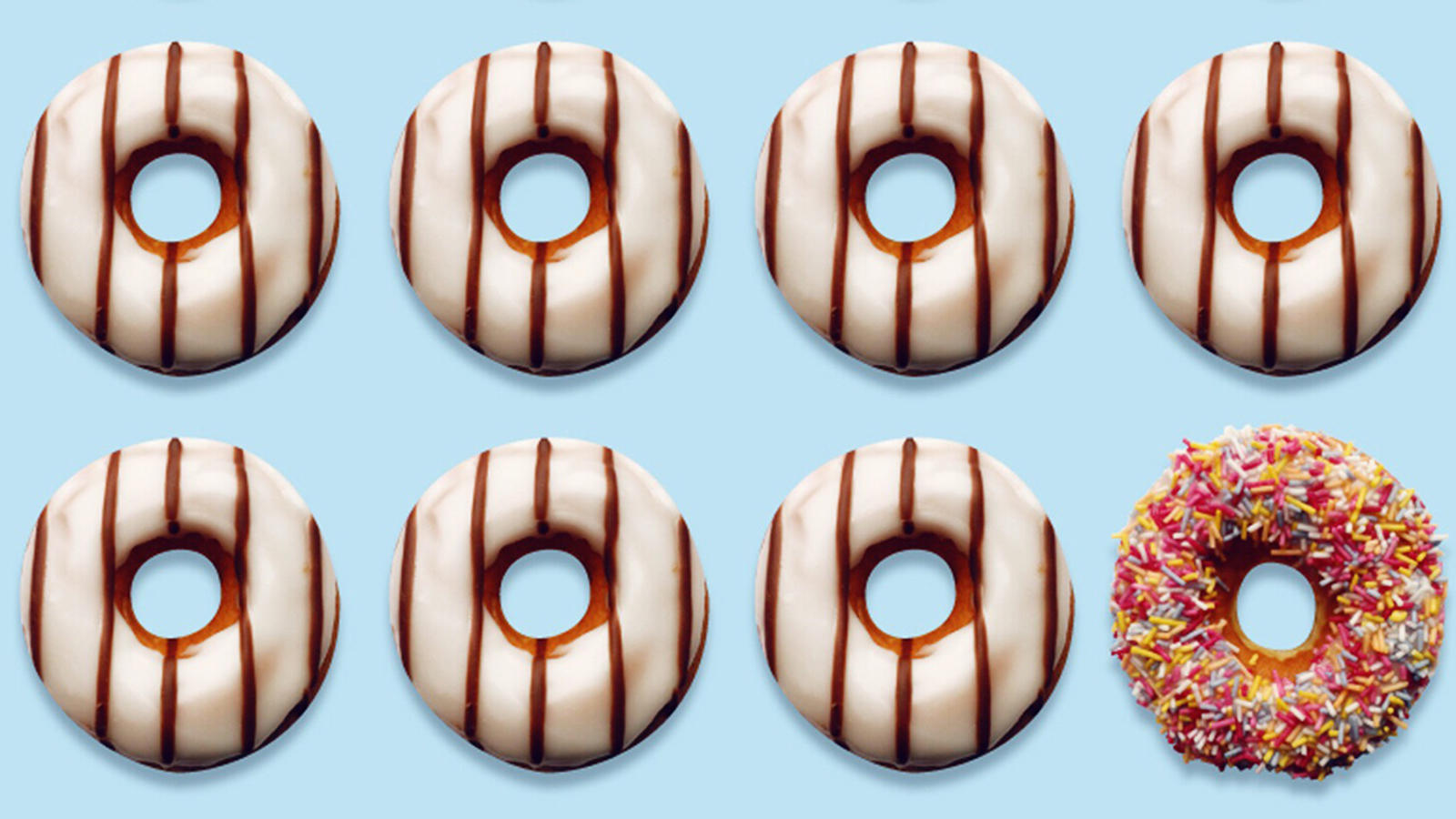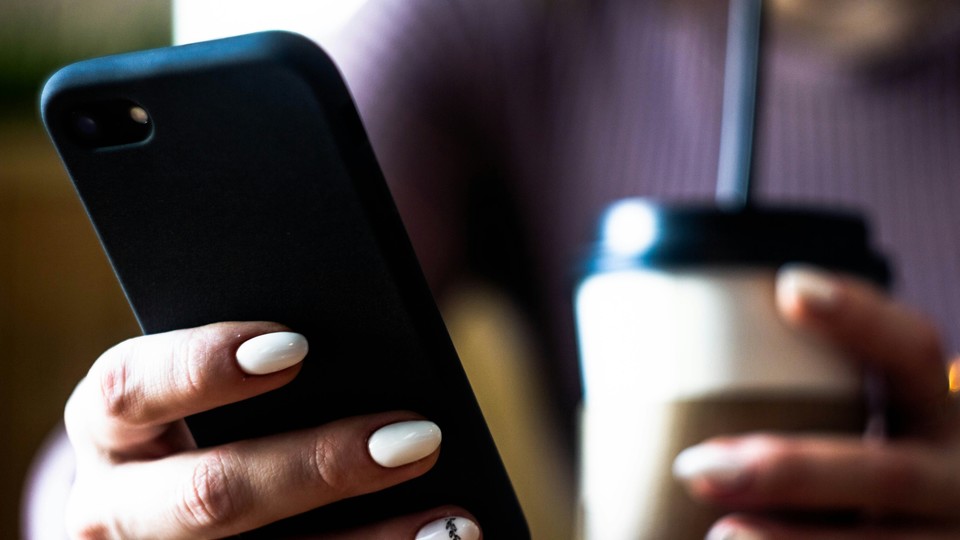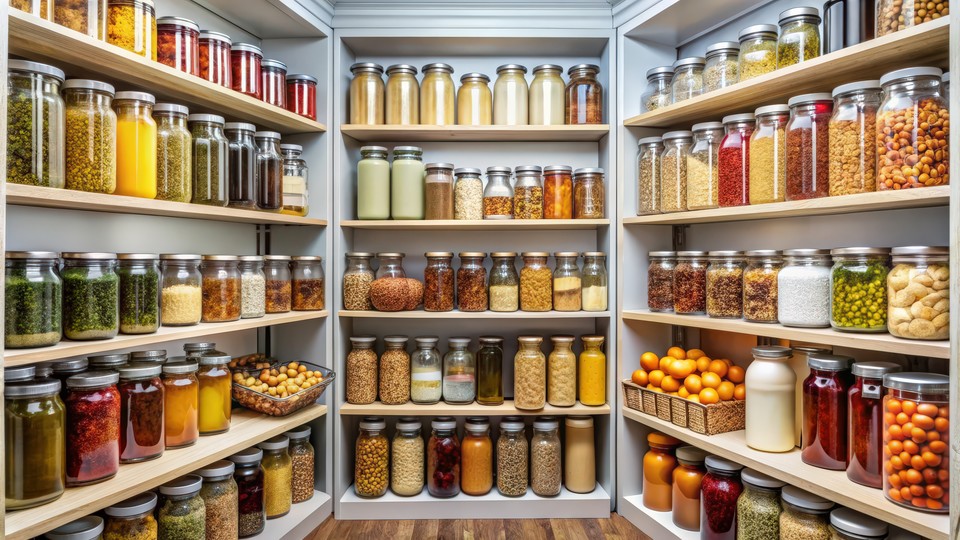
Hunger Games
How Snacking And Spending Reflect Beliefs About Inequality
Based on research by Vikas Mittal, Yinlong Zhang and Karen Page Winterich
How Snacking And Spending Reflect Beliefs About Inequality
- “Power distance belief” is the degree of power disparity that people expect and accept in their culture.
- Power distance belief and compulsive spending are inversely related.
- The less people accept that there is inequality in power, the more likely they are to buy vice products such as junk food.
Power imbalance in our society is a fact of life. Get over it.
If you disagree with this statement, you may also prefer Ben and Jerry’s ice cream over a handful of almonds after dinner. You may even be more likely to be an impulsive shopper.
Improbable as this may sound, a study by Rice Business professor Vikas Mittal and colleagues Yinlong Zhang of the University of Texas at San Antonio and Karen Page Winterich of Pennsylvania State University shows there is a link between our beliefs about social equality and our buying habits. In six different studies that included surveys and experiments with more than 15,000 urban households in in the U.S. and 14 different Asian and Asia-Pacific countries including China, New Zealand, Japan and India, Mittal and his colleagues examined the link between a country’s level of “power distance belief” and shopping habits.
Power distance belief is the extent to which an person sees social inequality as inevitable. It’s a subtle mindset, not predictable by factors such as political ideology, country GDP or nationality.
Instead, it’s revealed by “yes” answers to survey questions like these: “As citizens we should put high value on conformity.” “I would like to work with a manager who expects subordinates
to carry out decisions loyally and without raising questions.” “In work-related matters, managers have a right to expect obedience from their subordinates.” While power distance belief is an individual trait, past researchers have also measured its levels in various countries.
People who tend to accept power disparity, Mittal and his fellow researchers found, work harder to control their impulses during shopping. Those who don’t believe inequality is the rule tend to fill their carts with junk food.
To be sure, Mittal and his team write, there’s a big difference between impulsive buying and shopping that is simply unplanned. Impulsive buying tends to be haphazard, a behavior of consumers who just can’t seem to control themselves.
What’s the connection? In countries where people refuse to accept power imbalance as a norm, Mittal says, people speak out much more. Students from such cultures are encouraged to express their differences publicly and disagree with their teachers if necessary. In other words, they’re encouraged to exhibit less restraint. Over time, people in such countries tend to place a higher emphasis on immediate gratification as opposed to restraint, the researchers found.
But does it follow that choosing donuts over egg whites for breakfast reflects one’s beliefs about power? Mittal and his fellow researchers demonstrate that it does.
One study, involving 170 undergraduates from a large U.S. university, illustrated such choices in action. First, the students were screened to judge their beliefs about power imbalance. Next, each was given a task assessing their willingness to spend money on junk food.
Imagine you had $10 in cash, each student was told. Now, choose from a list of items that includes both “vice products” — a Snickers bar, potato chips and cola — and “virtue products” — a granola bar, an apple and orange juice. Students who rejected power disparity were more likely to crave the Snickers and Coke.
The ability to act with self-restraint, Mittal and his team theorize, is linked to how we understand inequality. Individuals who accept power imbalance as a fact of life are more conditioned to show self-control. In turn, this helps develop a kind of mental muscle memory to control different urges — including the urge to spend whimsically.
Critically, the researchers found, these choices have little to do with an individual’s innate character. Instead, acceptance of power disparities could actually be prompted in labs, where messages designed to prompt acceptance of power inequality actually led to less consumption of vice products.
From a business perspective, the research could be groundbreaking for firms in multicultural markets. Studying cultural beliefs about inequality could yield key advertising strategies, based on whether members of a particular market see their product as a virtue or a vice.
Mittal’s research also presents implications for more than selling ice cream and chips. Whether we reach for a Snickers bar or a handful of almonds, it’s worth examining how these traits correlate to our internal views of power. Do we live in an equitable society? Can it ever be made so? How would we eat, buy, and spend if the world looked like it could change?
Vikas Mittal is the J. Hugh Liedtke Professor of Marketing and Management at Jones Graduate School of Business at Rice University.
To learn more, please see: Zhang, Y., Winterich, K. P. & Mittal, V. (2010). Power distance belief and impulsive buying. Journal of Marketing Research, 47(5), 945-954.
Never Miss A Story


